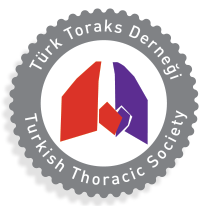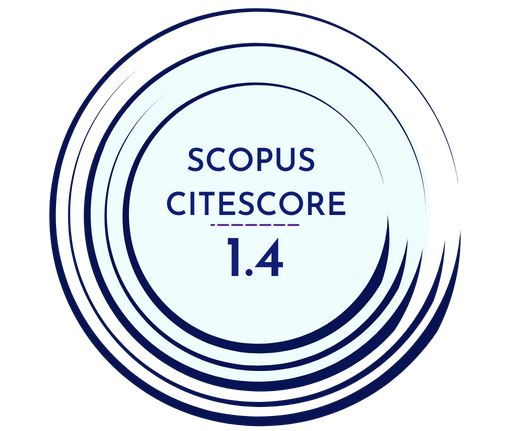Abstract
Objectives: Asthma is one of the most common chronic diseases worldwide and can often be controlled by treatments. However, in 5-10% of patients have severe asthma. Anti-IgE (Omalizumab) is indicated for asthma patients who have an allergic-sensitivity with a perennial aeroallergen and symptoms that are inadequately controlled with inhaled corticosteroids. There are papers that patients with severe asthma are non-adherent to treatment or that their compliance to preventer inhaler treatments after omalizumab treatment is impaired. We aimed to evaluate the adherence with preventer inhaler therapy in severe asthmatic patients receiving omalizumab.
Methods: The study included 29 patients who were receiving omalizumab treatment in maintenance period. Modified Morisky scale was applied to all patients. In addition, patients were classed as adherent to their prescribed preventer therapy as measured from medication pick up rates 80% or higher from pharmaceutical pharmacy institution records for last 1 year.
Results: Demographic characteristics of patients and Comparision of risk factors of patients according to treatment adherence. Severe asthma patients have high levels of motivation (98.8% n=28) and knowledge (86.2%, n=22) about asthma treeatment. However, rate of non-adherence to preventer inhaler therapy was 34.5% (n=10). No significant difference was found in terms of the characteristics of the patients that might affect the adherence to inhale therapy.
Conclusion: The rate of non-adherence to preventer inhaler therapy was 50.6% in a published article. In another study, it is reported that high rate of non-adherence in a group of severe asthma patients who were potentially suitable for biological therapy or thermoplasty. If patients perceive themselves to be well controlled they are more inclined to drop off their inhaler therapy. It has been described that patients are likely to become non-adherent if they no longer perceive benefit from the treatment they are taking. Adherence to therapy cannot be guaranteed in patients on Omalizumab. These patients are seen in every 2-4 weeks in clinics, despite the fact that adherence is questioned every time, even the drugs are prescribed, non-adherence only detected after from pharmaceutical pharmacy institution records obtained. However, it is obvious that patients are much better than the pre-biological agent and the frequency of attacks is reduced. In this case, biological agents of patients with impaired adherence with inhaler therapy will be discontinued or monotherapy will be continued with biological agent? There is need for multi-center studies and consensus reports to reach consensus on this issue.



.png)
